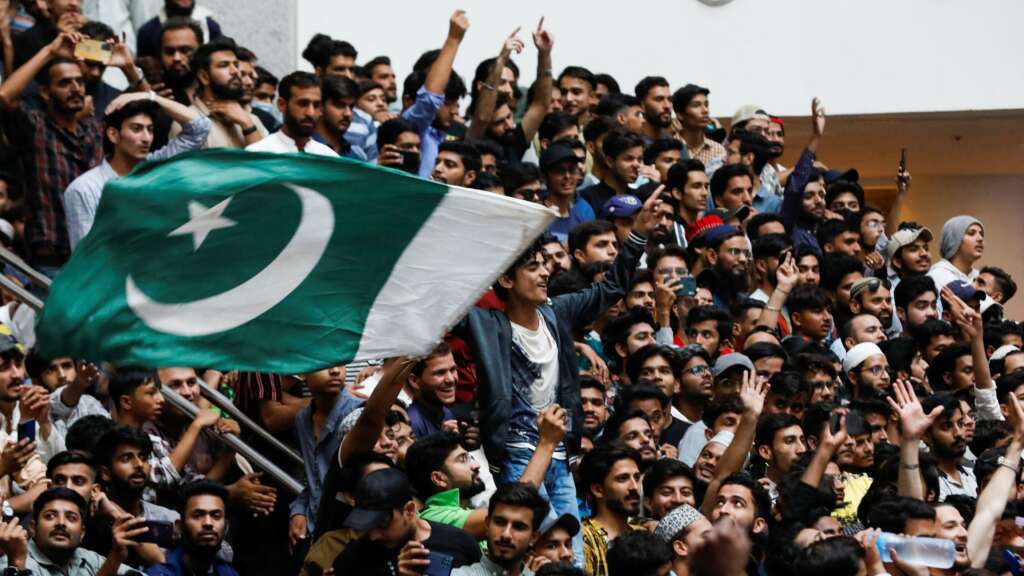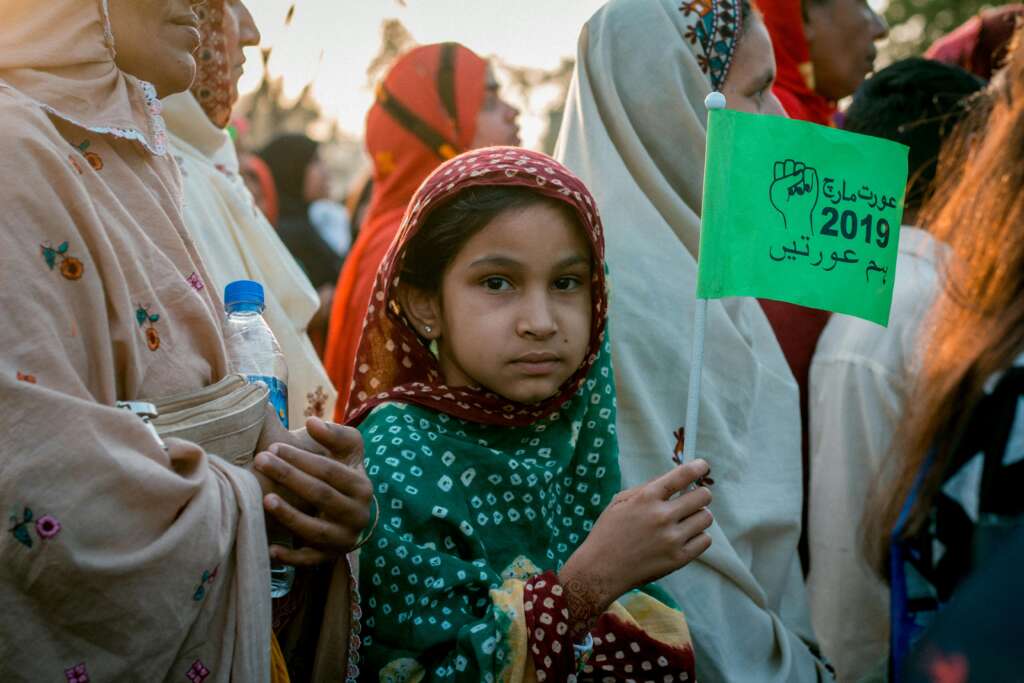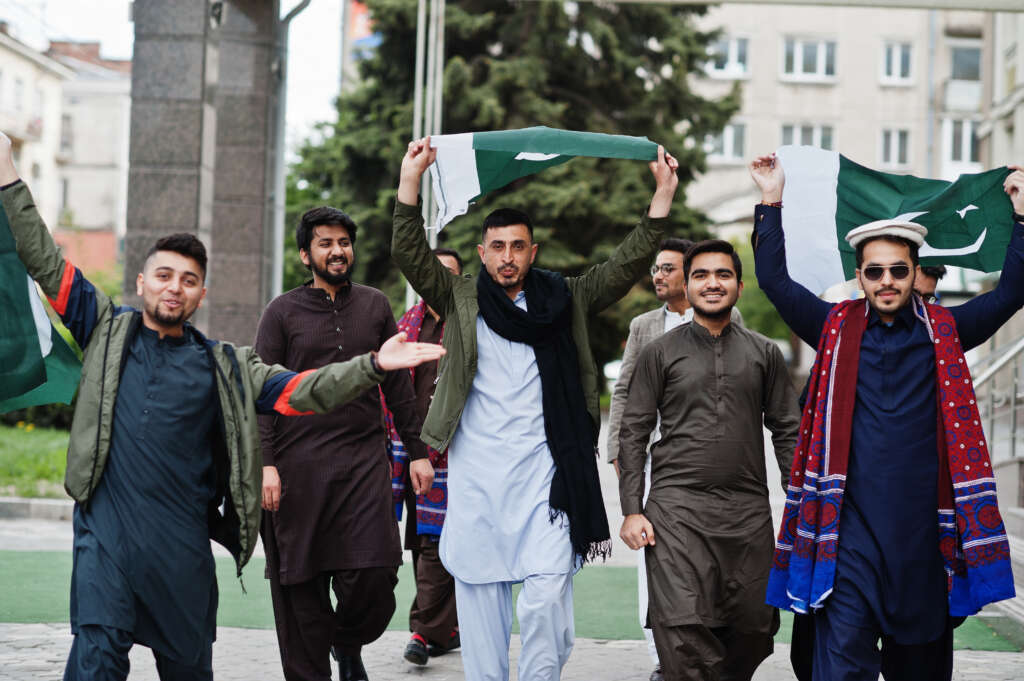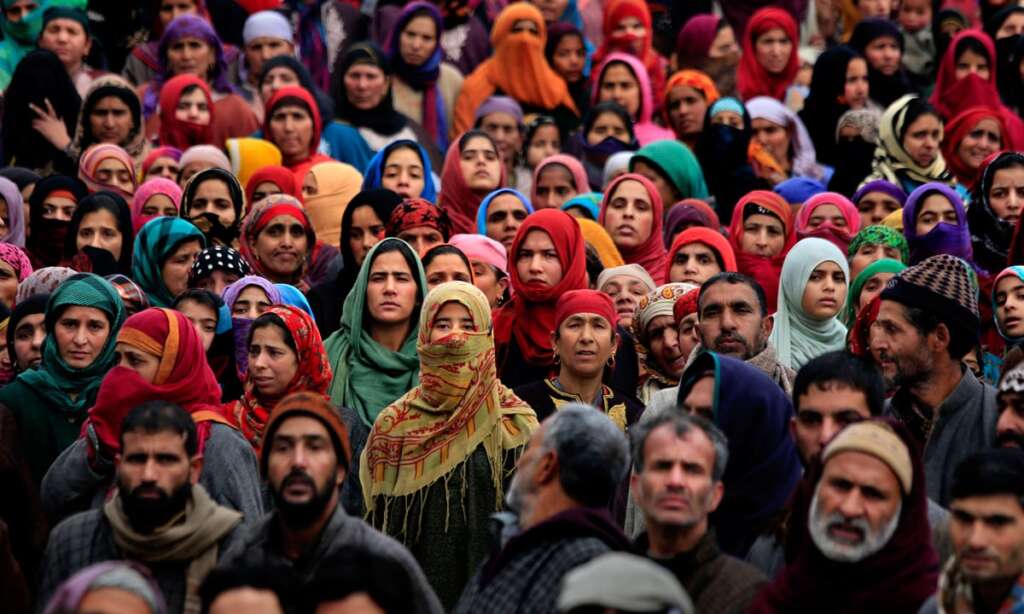This blog explores the current state of human rights in Pakistan, highlighting both challenges and recent progress. It provides an overview of pressing issues such as freedom of speech, child labor, gender-based violence, and access to education. It discusses governmental and non-governmental efforts, including NHRJ’s advocacy and initiatives that aim to foster a safer, more equitable society.




Key Challenges:
- Freedom of Expression and Assembly: Discusses restrictions on speech and peaceful assembly, noting cases where activists, journalists, and individuals faced suppression.
- Child Labor and Education Access: Highlights ongoing issues with child labor, especially in rural areas, and the barriers to quality education.
- Gender-Based Violence and Women’s Rights: Examines issues surrounding domestic violence, workplace harassment, and access to reproductive healthcare.
- Minority Rights and Religious Freedom: Reviews the challenges minorities face, including discrimination and limited access to resources and protections.
Recent Progress and NHRJ’s Role:
- Government Initiatives: Summarizes new laws and reforms aimed at improving rights for vulnerable groups, such as labor regulations and protections for minorities.
- NHRJ’s Impactful Programs: Outlines NHRJ’s efforts in education, legal aid, and public awareness campaigns that address these challenges. Success stories provide real-life examples of individuals and communities who have benefited from NHRJ’s work.
- Collaborative Efforts for Change: Emphasizes the importance of partnerships between NGOs, government bodies, and communities to drive sustainable human rights improvements.
Despite persistent challenges, progress is achievable through continuous efforts. NHRJ is committed to advocacy, legal support, and empowerment for all Pakistanis, championing a future where human rights are upheld across the nation.
